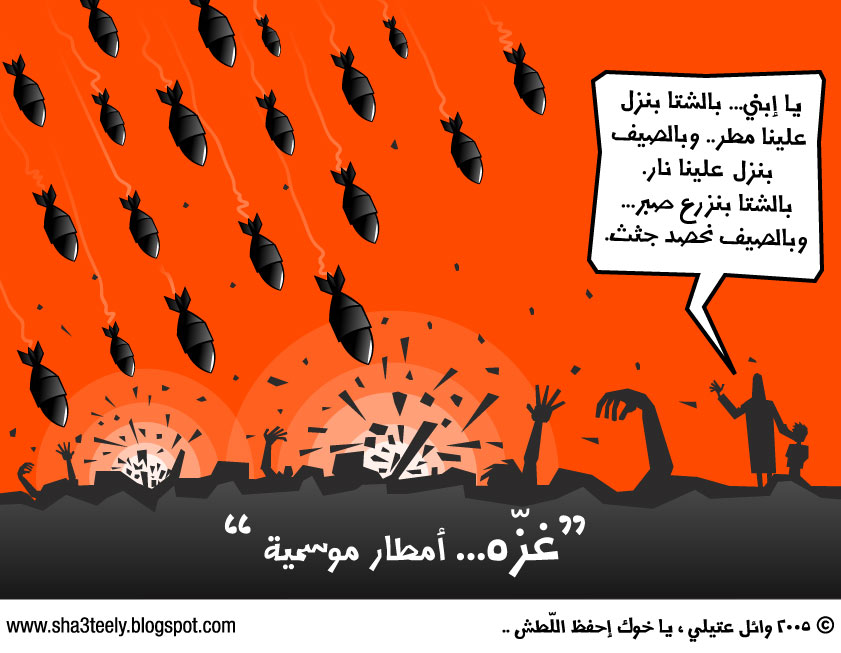"Revenues from 'one million barrels of oil per day' go entirely to 'five or six princes'."
-- Cable from the U.S. Embassy in Riyadh, Saudi Arabia
A secret 1996 cable -- sent from the U.S. Embassy in Riyadh, Saudi Arabia and released by Wikileaks -- offers a detailed account of the mechanisms of wealth distribution and waste within Saudi Arabia's royal family. Despite the considerable riches doled out to "thousands" of Saudi princes and princesses, the cable observes that Saudi royals "seem more adept at squandering than accumulating wealth." (The embassy notes that the country has more commoner billionaires than royal billionaires.) As reported in the cable, corruption also abounds largely unchecked.
Oil revenue is said primarily to enrich the Al Saud. The embassy explains that Saudi Arabia's Ministry of Finance distributes a portion of the country's oil proceeds to each Saudi royal family member in the form of monthly stipends. At the time the secret cable was issued, every royal reportedly received a monthly allowance from birth, on a sliding pay scale of US$ 800 (for distant royals) to US$ 270,000 (for sons and daughters of King Abd Al-Aziz). The embassy calculated these stipends to total more than US$ 2 billion of the Saudi government's US$ 40 billion annual budget. For this and other reasons, the embassy concludes that "getting a grip on royal family excesses is at the top" of priorities for Saudi Arabia.
In addition to the state-budgeted stipend, the cable reports, a royal may obtain a bonus of as much as US$ 3 million, as reward for getting married or building a palace. The existing stipend-and-bonus system provides Saudi royals with a significant incentive to procreate, particularly since stipend distributions begin at birth. It was stated that the central life aspiration of one Saudi prince was to have more children, so as to increase his monthly allowance.
 Bombardment of Lebanon by Israel, according to UPI, began on July 12, 2006, just after “Shiite Hezbollah militiamen captured two Israeli soldiers and killed eight others in cross-border attacks.” The country’s infrastructure had been a prime target with the country’s sole international airport in Beirut, ports, power stations, telecommunications, roads and bridges and buildings being devastated. Over three hundred Lebanese civilians had been killed and, simultaneously, the Gaza strip was under assault from Israel as well.
Bombardment of Lebanon by Israel, according to UPI, began on July 12, 2006, just after “Shiite Hezbollah militiamen captured two Israeli soldiers and killed eight others in cross-border attacks.” The country’s infrastructure had been a prime target with the country’s sole international airport in Beirut, ports, power stations, telecommunications, roads and bridges and buildings being devastated. Over three hundred Lebanese civilians had been killed and, simultaneously, the Gaza strip was under assault from Israel as well.
Israel launched the attacks in an effort to neutralize Hezbollah. Arab leaders unified behind a call for an immediate cease-fire in the war. They came out strongly in defense of the Lebanese government and stated a top priority was to silence weapons and help bring an end to the attacks on Lebanese civilians and the destruction of infrastructure.
This is the climate that led columnist Saad Al Bawardi to publish a poem titled, “Letter to Bush,” in an Al Jazeera newspaper on August 13, 2006. The poem condemned then-U.S. President George W. Bush and “U.S. foreign policy regarding Lebanon, Palestine, and Iraq.” And, it was the subject of a diplomatic cable released by WikiLeaks that was sent out by US Ambassador to Saudi Arabia James C. Oberwetter from the Riyadh embassy in Saudi Arabia on August 16, 2006.
Theme by Danetsoft and Danang Probo Sayekti inspired by Maksimer